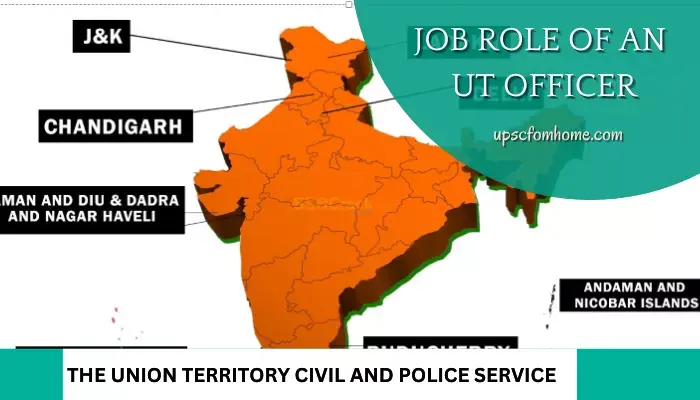Role of an RPF Officer - UPSC
- Muskan Celeste

- Jan 27, 2023
- 3 min read

One fascinating thing about this force is that you enjoy the benefits of being a part of the railway organization and the armed forces. In this article, we'll be looking at the meaning of RPF, the roles of RPF officers, their salary, their power, several perks and benefits they enjoy and, of course, the challenges they encounter.
RPF is an acronym that stands for "Railway Protection Force''. It is a security force under the authority of the India Ministry of Railways, Government of India. The Railway Protection Force Act 1957, enacted by the Indian Parliament for the safety and protection of railway passengers, established the RP, railway property and passenger areas. They are entrusted with the power to search, investigate and prosecute offenses, though the power of arrest lies in the hands of the Government of Railway Police (GRP) of state police.
Railway Protection Force has the highest percentage of women among all central paramilitary forces in India.
Responsibilities of an RPF Officer
The followings are the roles and responsibilities that RPF officers discharge:
Provision of peace and security to passenger trains in vulnerable areas
Maintenance of the Railway Protection Force security management system
Prosecution of people who steal, damage and unlawfully possess railway properties
Protection of the Indian Railway tracks
Ensuring smooth train operation
Enhancement of the use of security features and tools
Avoiding anti-social activities on the train
Rehabilitation of destitute people who are found on railway premises
Salary and Benefits of an RPF Officer
The salary of a Railway Protection Force (RPF) officer is based on their rank and experience. The salary structure of a RPF officer is divided into four grades: Sub-Inspector (SI), Inspector, Subedar and Deputy Commandant.
Sub-Inspector (SI): A Sub-Inspector (SI) is an entry-level post in the RPF, and the salary for this post ranges from Rs.35,400 to Rs.1,12,400.
Inspector: An Inspector is a mid-level post in the RPF, and the salary for this post ranges from Rs.44,900 to Rs.1,42,400.
Subedar: A Subedar is a Senior-level post in the RPF, and the salary for this post ranges from Rs.56,100 to Rs.1,77,500.
Deputy Commandant: A Deputy Commandant is the highest post in the RPF, and the salary ranges from Rs.67,700 to Rs.2,08,700.
The perks and benefits enjoyed by RPF officers include:
No political interference and Gratuity
National expedition and free railway passes
The balance between professional and personal life
Decent government accommodation and Security guard
Education assistance and access to medical treatment
The progressive rate of career growth and esteemed job satisfaction
How to Become an RPF Officer?
The Union Public service commission (UPSC) is the central body responsible for recruiting candidates for the Indian Railways Protection Force (RPF). Candidates interested in joining the RPF need to apply for the RPF recruitment exam conducted by the UPSC.
RPF recruitment exam consists of three stages:
written exam
physical efficiency
medical examination
To apply for the RPF recruitment exam, candidates must register on the UPSC website. The registration process requires the candidate to fill out the online application form and pay the fee. The application fee can be paid online or offline.
Candidates who qualify for the written exam will be called for the physical efficiency test. The physical efficiency test consists of a series of physical activities such as running, jumping, and push-ups. Candidates who qualify for the physical efficiency test will be called for the medical examination.
On successfully completing all the stages, candidates will be appointed RPF officers. The assigned officers will be given the necessary training before being posted at the railway stations.
Challenges and Powers of an RPF Officer
For every good side of anything, there's the not-so-good side, and the other side of RPF are life threat, limited jurisdiction and a different pay scale. Because of their role as Railway Protection Force officers, RPF officers have the power to arrest people who visited the Railway Act of 1890. To remove illegal construction that obstructs rail transport activities and its passengers.
Friendly Conclusion
By now, you understand what RPF means and the impact they play in ensuring the safety of the activities of the train and passengers. A career in this path is wise as it has several perks, benefits, and, more importantly, the power attached to it. Signup on UPSC From Home for the more dedicated job role content and officially allotted government job announcements.









Comments